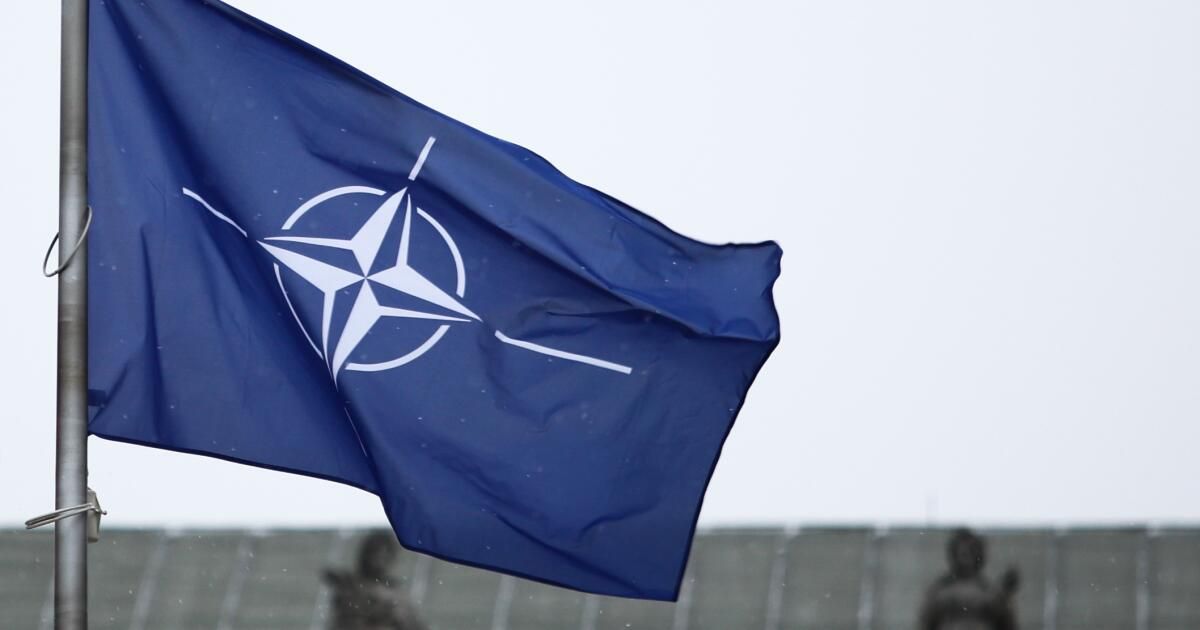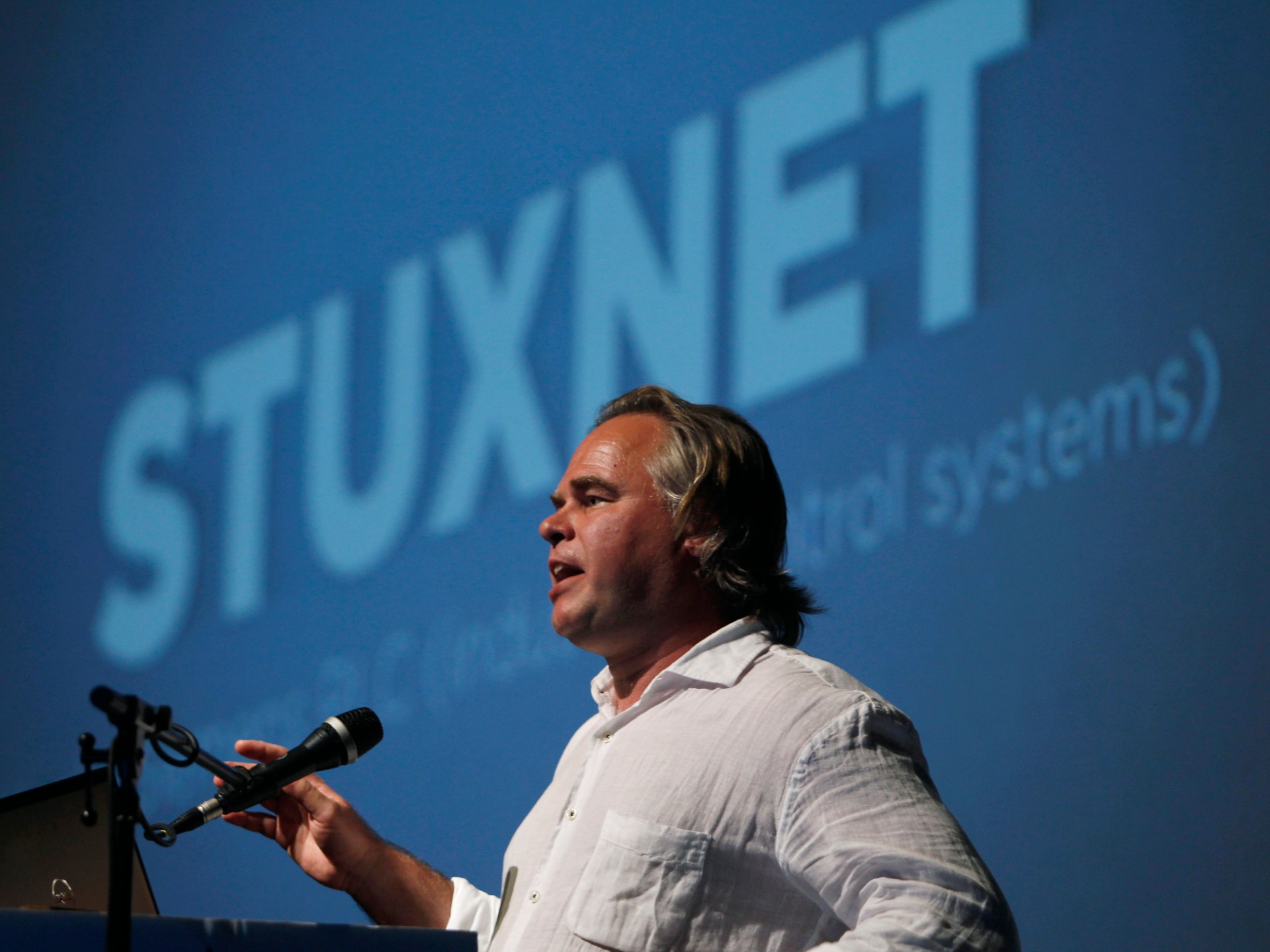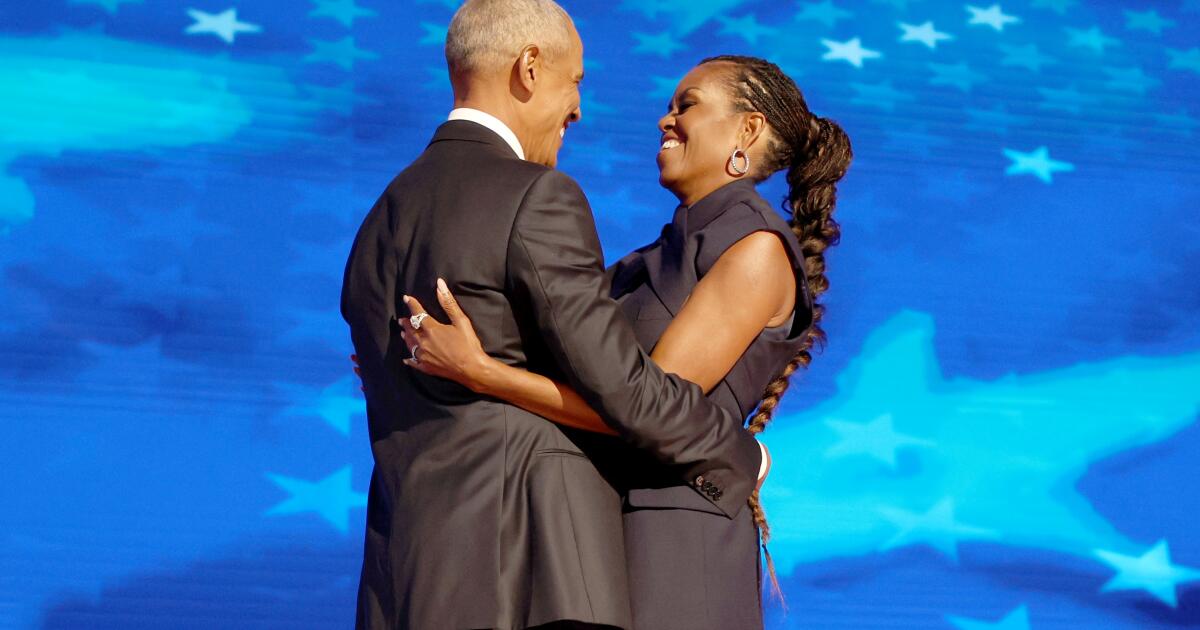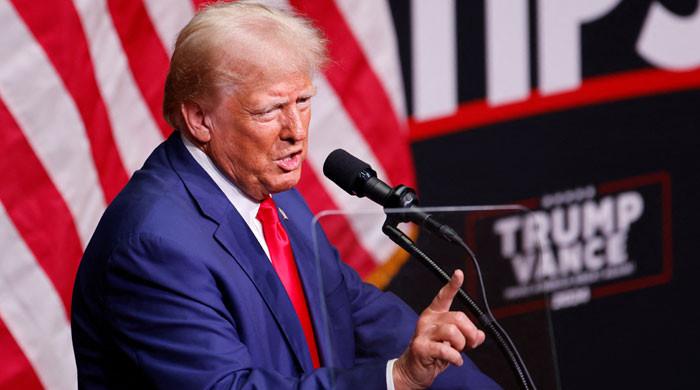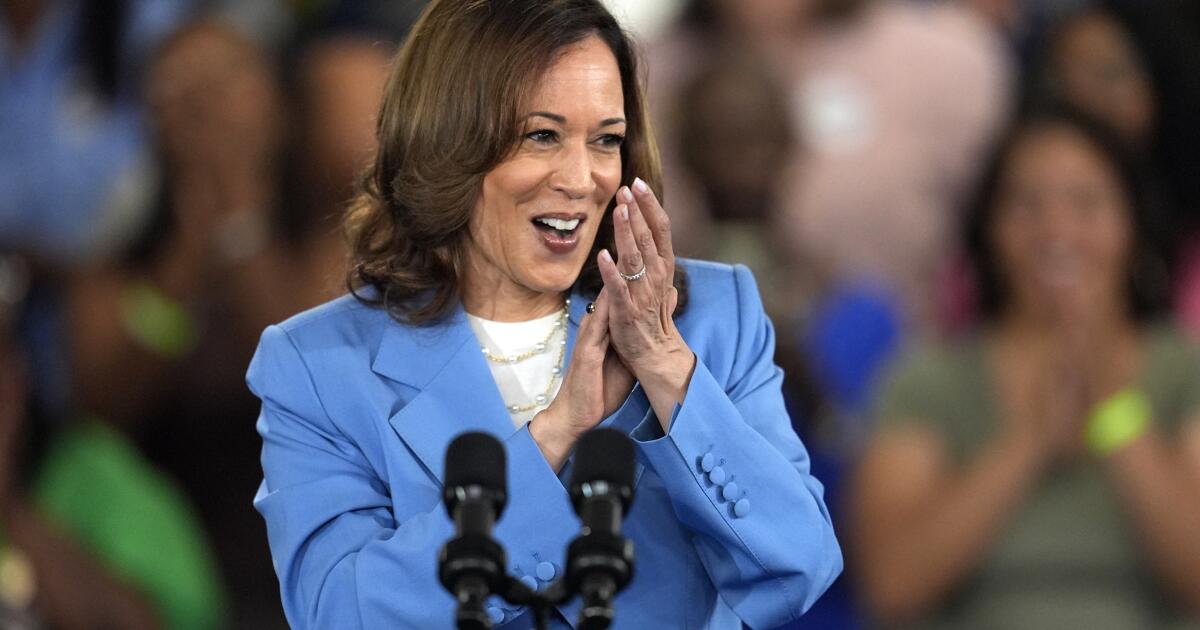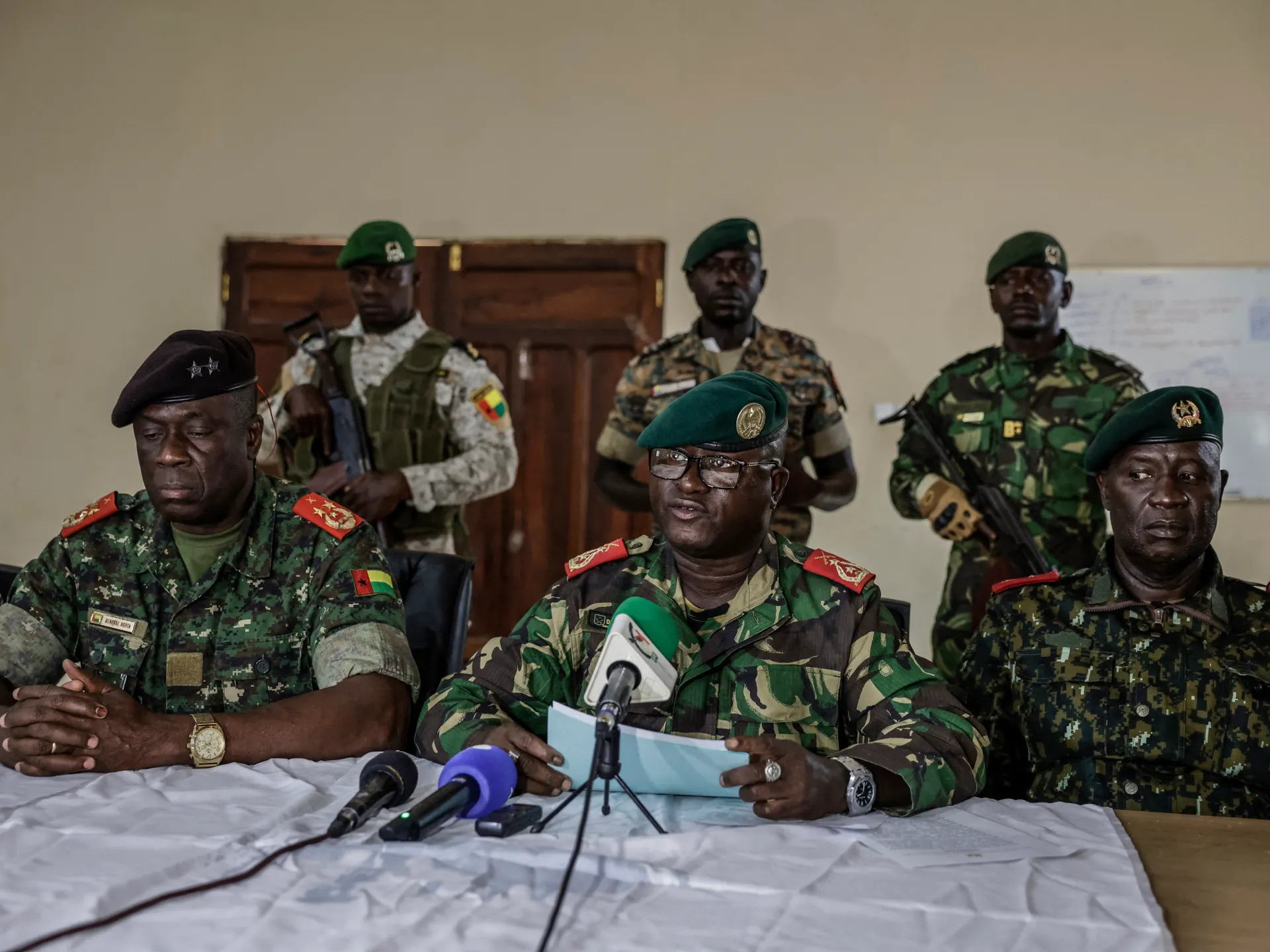On September 12, 2001, 24 hours after the September 11 attacks, representatives of NATO's then-19 members met to invoke Article 5 of the organization's statutes, which maintains that an “armed attack” against one member “will be considered an attack on all of them.” This was the first and only time that Article 5 was put into effect. For the next two decades, NATO forces fought alongside us in Afghanistan and elsewhere.
On Saturday, former President Trump ranted against the North Atlantic Treaty Organization at a rally in Las Vegas.
“We're paying for NATO and we're not getting much out of it,” he lied. “And you know, I hate to tell you this about NATO: if we ever needed their help – let's say we were attacked – I don't think they would be there. I don't believe it. I know the people. I know them. … I don’t think they were there.”
Trump has long talked about NATO as if it were some kind of obsolete club where everyone is supposed to pay dues into a common fund, but the United States has picked up everyone's bill. That's not how it works. NATO's independent budget is about 3.5 billion dollars, of which we paid 16%, approximately 560 million dollars. A new aircraft carrier costs around 20 times that. All other “NATO expenditures” take the form of internal defense expenditures of individual member states. When he was president, Trump was right to pressure other countries to spend more, but now that they are spending more, he doesn't care or credit the change.
Trump's smears against NATO are offered to reinforce his distortions about support for Ukraine. By his account, both are examples of how the United States is defrauded by its foreign alliances and commitments. He stated that we have spent “more than 200 billion dollars” in Ukraine, while the Europeans “are waiting for 20 billion dollars.”
This is also false. According to the Ukraine Support Tracker, the European Union has contributed more to Ukraine than the United States. We have not committed more than 200 billion dollars, but approximately $75 billion, about half of that in military assistance. The EU total is approximately 77 billion euros, or 83 billion dollars. In terms of share of gross domestic product, the United States ranks 30th in support for Ukraine, just behind Ireland and Malta.
We look better if we count only military aid, for the simple reason that we have the hardware that Ukraine needs; Malta, not so much. In fact, as my American Enterprise Institute colleague Marc Thiessen points out gradesThe important thing about our military aid (at least for domestic political purposes) is that it is not about giving Ukraine a blank check, as many Republicans claim. Almost 90% of military aid dollars stay in the United States, disproportionately among Republicans. districts and statesbecause they are used to buy weapons that go to Ukraine.
If you care about America's relative military superiority, supporting Ukraine has been big business: degrading Russia's military, helping upgrade our own, and bolstering our country's security. largest business partner without putting American troops at risk.
While it's always useful to point out Trump's easy grasp of the facts, none of this is exactly new information to people who actually care about the facts. The problem is how little facts seem to matter today.
Before Russia's illegal invasion of Ukraine, the argument that NATO was obsolete had some superficial plausibility. But now that Russia has repeatedly indicated that has objectives beyond Ukraine, towards NATO members, those weak arguments have evaporated. Without a doubt, our allies believe The threat is very real.
And those are not the only threats on the world stage. Representatives of Iran killed three US service members over the weekend in a drone attack in Jordan. Russia, China and Iran have become quite friendly. Our ally Israel is in a bloody war with Hamas, an Iranian proxy that started the conflict on October 7. In short, this is the dumbest time possible to talk about how the United States should not honor its alliances and commitments.
from President Biden critics love argue that when When it comes to Iran and China, “weakness is provocative.” They are right. But the same goes for Russia.
And harsh words can also indicate weakness. Trump's denigration of NATO may seem like political “toughness” to his supporters. But what Vladimir Putin and Xi Jinping hear is evidence of NATO's weakness.
NATO, and our alliances in general, strengthen America. They allow us to project power globally at a fraction of the cost of doing so in other ways. For those who disagree, it is worth considering why the case against NATO presented by the former president has to be based on so many lies. If the facts were on Trump's side, he would offer some.

